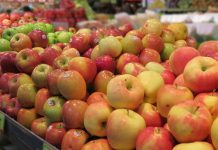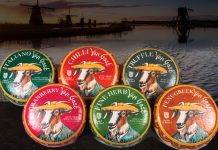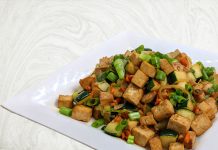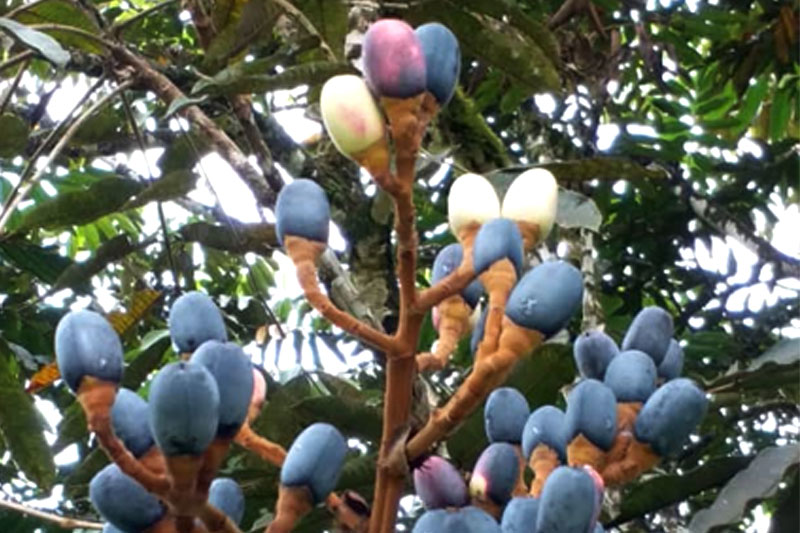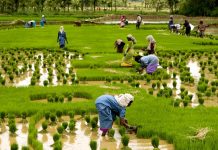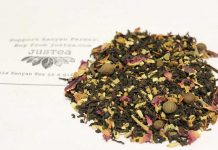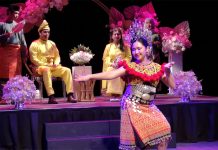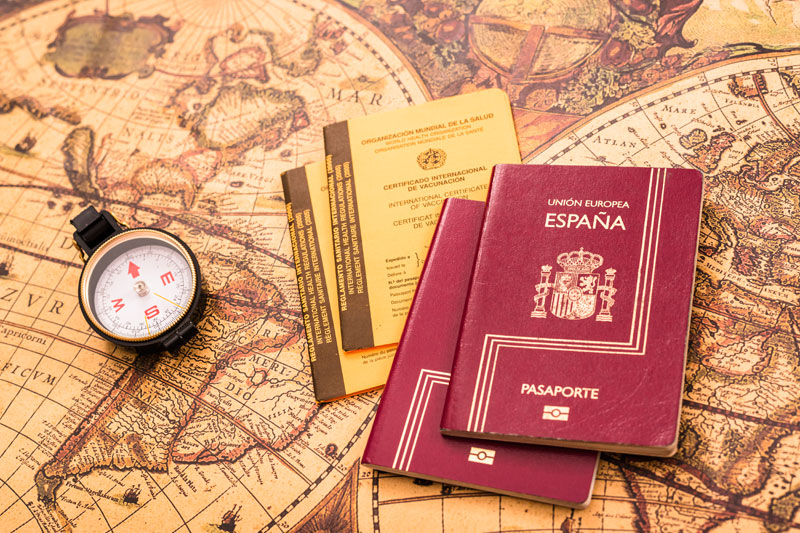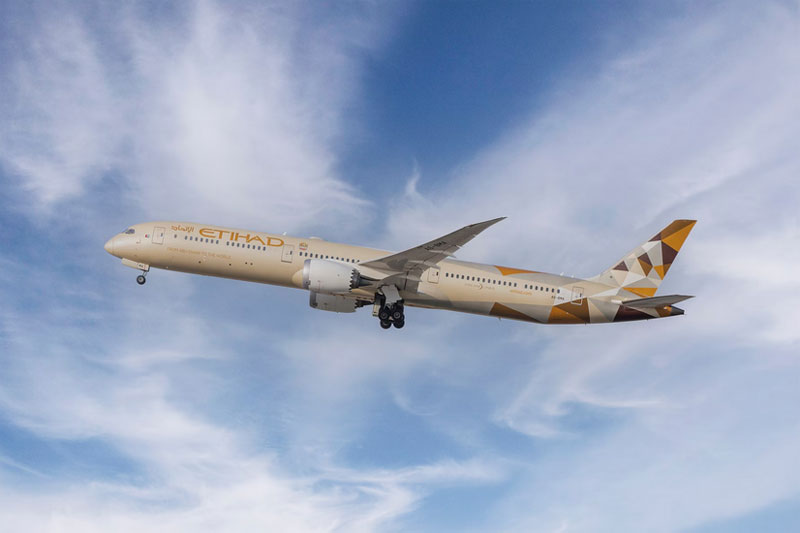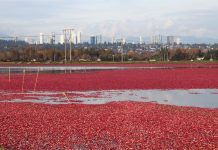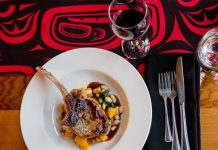Updated: Dec 02, 2016
“Fashion is in Europe, living is in America, but eating is in China.” The adage echoes the popularity of Chinese culinary, and its significant role in the world food culture. Why do Chinese people live to eat?
Food in the Chinese culture is more than just a meal to satisfy hunger or pleasure. Food is life and health. For the Chinese, it also represents beliefs like good fortune and prosperity, bringing harmony and closeness to family and relationships.
An integral part of the Chinese culture, the five millennia culinary tradition has stood the test of time, and continues to evolve to this day. One of the many achievements China has successfully attained is conquering the world through its cuisine.
Chinese Culinary Culture
China’s cuisine is as diverse as its geography and the 1.36 billion people who inhabit the world’s most populous nation. In his infomative book, Chinese Culinary Culture, food author, research scholar and dietetic expert, Du Fuxiang cited that it was during the feudal era (475 B.C. – A.D. 1840) that China developed its world-renowned national culture, of which culinary culture is an essential element.
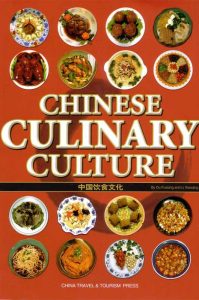
Fuxiang classified Chinese cooking into four primary schools of cuisine, namely: Shandong, Guangdong, Sichuan and Jiangsu. The other secondary cuisines are from 28 different regions: Beijing, Zhejiang, Hunan, Hubei, Fujian, Anhui, Henan, Shanghai, Shaanxi, Shanxi, Jiangxi, Tianjin, Hebei, Liaoning, Jilin, Heilongjian, Guangxi, Yunnan, Guizhou, Gansu, Inner Mongolian, Xinjiang, Ningxia, Tibetan, Qinghai, Taiwan, Hong Kong and Macao. The book provides a fascinating insight into the origin, characteristics, popular dishes and interesting stories behind each cuisine.
Authentic Cooking
Authentic Chinese recipes often have basic ingredients like garlic, ginger, soy sauce, spice powder, dried shitake mushrooms, bean curd, black beans, fresh cilantro, spring onion, bamboo shoots, pork and chicken. Depending on availability, some secondary ingredients may have changed over time, but the cooking techniques — combination of fàn-cài principle, the yin(hot) and yang(cold) balance remains — providing a harmonious mélange of aroma, colour, shape, flavour and texture to the food. The fàn refers to carbohydrates like grains and starches — and the cài comprises of meat and vegetable dishes. Traditional dishes are usually steamed or braised making them healthy food choices.
A well-prepared dish is pleasing to the eye, nose and palate
Authentic dishes are MSG (monosodium glutamate) free as ingredients are fresh and food is skillfully prepared. The use of MSG is a way to mask stale ingredients and poor cooking techniques thereby ruining the dishes. Dishes like stir-fries are less oily and not drowning in sauce. Chinese cuisine’s popularity spans the globe, across generations, ethnicities — and has even been adopted and integrated into other world cuisines like Peruvian, Mexican, Malaysian Baba Nyonya, Vietnamese and Thai.
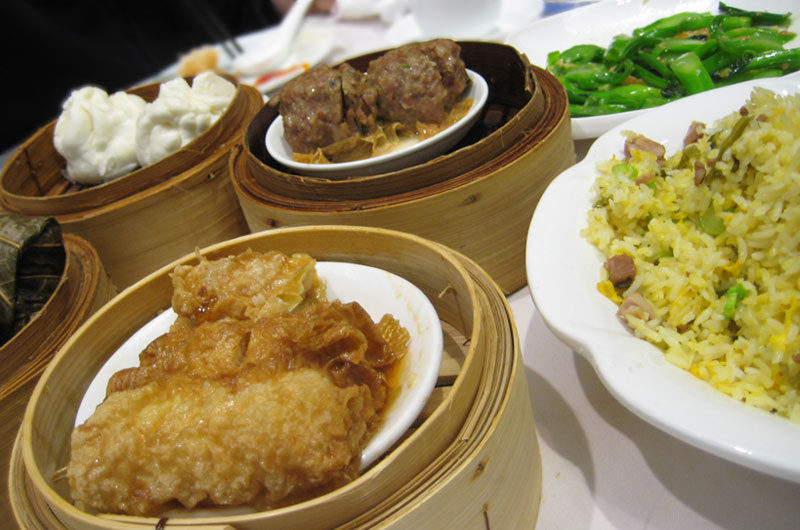
Lotusland: Paradise of Edible Creations
In Canada, Chinese food is now part of the local culture and a staple of cities and even small rural communities. The surge of new immigrants from Hongkong, Taiwan and mainland China has created a demand for more authentic Chinese food, and raised the bar for Chinese culinary in the country. Chefs are constantly challenged to develop exciting combinations of flavours, textures and visual appeals with a passion and respect for food.
Ask any foodie where to find the best Chinese food in the world, Vancouver would rank among the top on the list. The abundance, diversity and quality of fresh ingredients from the sea and land combined with creative talents of some of the world’s top Chinese chefs makes Lotusland a paradise for edible creations.
Dining Options
There are so many options when it comes to Chinese food in Vancouver. First, decide on cuisine type, e.g. from the province of Canton, Hainan, Fujian, Shanghai, Mandarin (e.g. Bejing), Jiangsu, Zhejiang or Szechuan. Next, determine your dining budget – cheap eats, moderately priced or fine dining. Never underestimate tiny hole-in-the-wall food places — they can offer generous portions at rock-bottom prices. Don’t forget to ask for a fortune cookie after a sumptuous feast – you never know when luck strikes!



